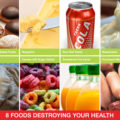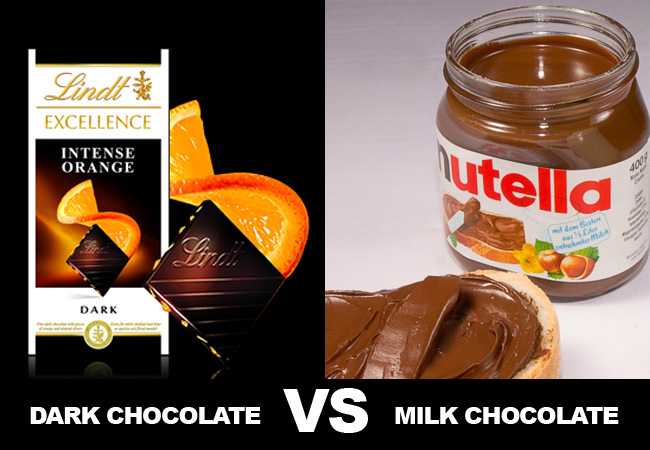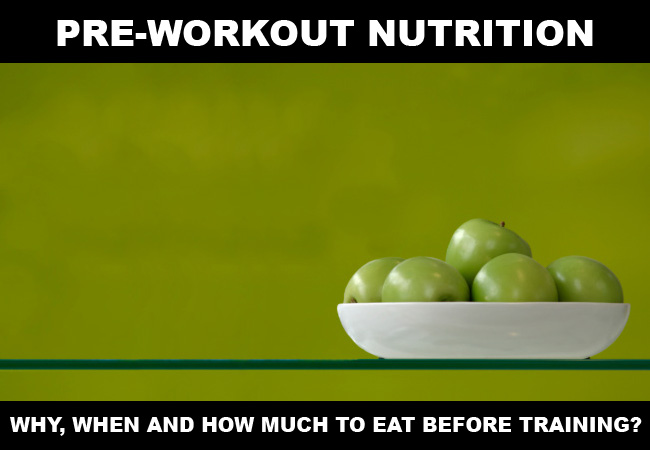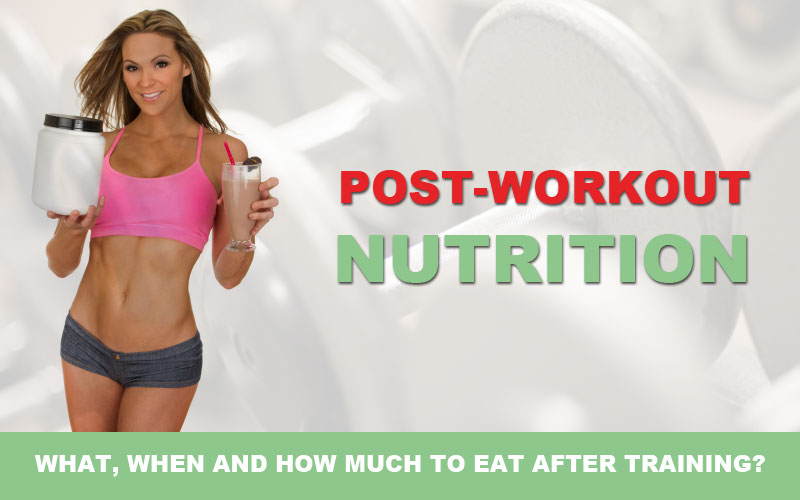Clean eating is perhaps the simplest, most elegant way to describe a dietary concept with which virtually every nutrition expert in the world would struggle to find fault: Eat the best stuff available most of the time, and you probably won’t have to worry about counting calories.
In fact, you probably won’t have to worry about a lot of things:
Your risk of heart disease should decline, along with your chances of getting diabetes and some types of cancer and the possibility that you’ll become impotent. Your waistline should shrink, and your quality of sleep should improve.
The Clean-Eating List:
Water
About half your body weight is water (including about two-thirds of your muscle weight), and you can’t function without it. Dehydration affects your muscles’ ability to contract, your ability to think clearly, and your immune system. A little extra water can help your digestive system function better (especially if you have extra protein and fiber in your diet, as virtually everyone recommends these days). Some research shows a lower risk of bladder cancer and kidney stones with increased fluid intake.
Cold or hot water???
One of the “myths” that’s regularly debunked is the one about how water helps you lose weight. But it’s not really a myth. German researchers showed in a 2003 study that drinking a pint of water increases your metabolic rate by about 30 percent for an hour or so and that drinking colder water is better than room-temperature fluid, since your body has to expend calories to heat the water up in your stomach.
The researchers estimated that drinking an extra two quarts of water a day would increase your metabolic rate by about 100 calories. Even better, most of those calories came from increased fat-burning. So, assuming your body wouldn’t eventually adjust to that increased water intake (as it adjusts to most changes in routine), you could lose an extra pound of fat every five weeks, or thereabouts, just by flooding your system with fluids.
Lean beef, poultry, and pork
The protein is high quality, made of animal muscle and perfectly engineered to build human muscle. Almost half the fat is mono- and polyunsaturated, which are considered very healthy. And meat, with its combination of protein and healthy fat, is more satisfying than most other foods. It makes you feel fuller longer, ultimately allowing you to eat less. Meanwhile, the thermogenic properties of the protein help maintain a high energy flux.
Fish and fish oil
Again, it’s because of protein (in the fish) and healthy fat (some of which you find in the fish, although supplementing with fish oil is an easy way to make sure you get enough of it).
Omega-3 fatty acids, found in fish and fish oil (as well as in flaxseeds and flaxseed oil), are “essential” fats. Your body can’t make them from other fats.
That’s why it is recommend several fish-oil pills a day to be taken with meals. They contain EPA and DHA, a pair of omega-3 fats associated with everything from a smaller waist to a healthier brain.
Eggs
Protein quality is as good as it gets, and they have very little saturated fat—1.5 grams per egg, which is negligible. (Unfortunately, you can still find nutritionists telling people that eggs are dangerous and to be avoided.)
Nuts and olive oil
Nuts are high in monounsaturated fat, as is olive oil. So are peanut butter and avocados, for that matter. Monounsaturated fat has been linked to lower heart-disease risk, a faster metabolic rate, higher testosterone levels, and lower rates of dementia (possibly because of the vitamin E in the nuts).
Multicolored fruits and vegetables
No protein, but their fiber and heavy vitamin and mineral concentrations make them ideal for an individual trying to keep his youthful physique. With different colors come different benefits. Red fruits and vegetables (red peppers, tomatoes, watermelon) tend to be high in lycopene, which may help prevent prostate cancer and eye problems (macular degeneration).
Orange and yellow produce (carrots, pumpkin, squash) tend to be high in alpha and beta-carotene which is a powerful antioxidant. Antioxidants—a class of vitamins that also includes vitamins C and E—help prevent damage caused by free radicals, harmful chemicals created inside your body by everything from pollution to strenuous exercise.
Dark green vegetables (spinach, Romaine lettuce, broccoli) have so many disease preventing properties it’s hard to list them all. High spinach consumption, for example, is linked to lower risk of almost every type of cancer. Leafy greens have been shown to lower blood pressure.
Whole grains
A 2004 study at the Harvard School of Public Health found that men eating the most whole grains had the least weight gain over an eight year period. That’s not to say that whole grains have some magical weight-shedding or metabolism-increasing properties, but there’s something about them that helps men control weight. It was a huge study, including more than 27,000 middle-aged men.
High-calcium, low-fat dairy foods
In the past few years, research into the metabolic powers of dairy calcium caught all of us who follow these things by surprise. It started with studies by nutrition researcher Michael Zemel, at the University of Tennessee. Zemel’s team showed that 1,200 milligrams a day of dairy calcium doubled the predicted weight loss of a group of overweight study subjects.
In their most recent study, they showed that a high-calcium diet (in the form of yogurt) produced fat loss of almost ten pounds in twelve weeks. Subjects eating the same number of calories but half the calcium lost six pounds. So, calcium somehow increased fat loss by 81 percent, with total calories, protein, and other dietary variables being equal.
Beans
Yes, they’re “the musical fruit,” but that’s only because of their high fiber content. They’re associated with lower risk of heart disease, lower cholesterol, and even lower rates of colon and prostate cancers
Red wine
Red wine has a lot of resveratrol, an antioxidant that’s also found in peanuts and grapes. Moderate alcohol consumption—1 drink per day—has been linked to lower risk of coronary calcification, the deposit of artery-clogging plaque on blood vessels. Red wine in particular has been linked to lower cancer rates; one proposed reason is that the resveratrol causes cancer cells to self-destruct.
Dark chocolate
Various studies have shown that it has potent antioxidants and may help lower blood pressure. Even the cocoa butter, the main source of fat in chocolate bars, isn’t terrible. It has equal amounts of three types of fat: oleic acid, which is the same monounsaturated fat found in olive oil; stearic acid, which is a saturated fat with cell-building properties and no effect on cholesterol; and palmitic acid, which is a saturated fat with few redeeming qualities. Still, two out of three ain’t bad.
It’s dark or nothing—milk chocolate and white chocolate are just globs of fat and sugar. Look on the label for “semisweet chocolate” or plain “chocolate” as the first ingredient.
(ref: New Rules Of Lifting):
If you like this article, PLEASE share it with your friends by clicking one of the icons below:






Great Article Fares, I was wondering about Egg: they say eat Egg Whites and avoid the yellow, is it true? Thank you and keep it up!!
Hello Dory,
Find below the nutrition fact of a boiled white egg:
Calories : 17
Proteins: 3.6 grs
Carbs: 0.2 grs
Fats: 0.1 grs
below a boiled complete egg:
Calories : 68
Proteins: 5.51 grs
Carbs: 0.49 grs
Fats: 4.65 grs
Cholesterol : 186 mg
As you can see, egg yolks (yellow) are high in Fats and Cholesterol (even thought they contain proteins). That’s why it is better to avoid them in a standard diet.
the daily average of Cholesterol intake is 300mg for a 2000 Calories diet. Eating 2 egg yolks = 372 mg (limit exceeded)